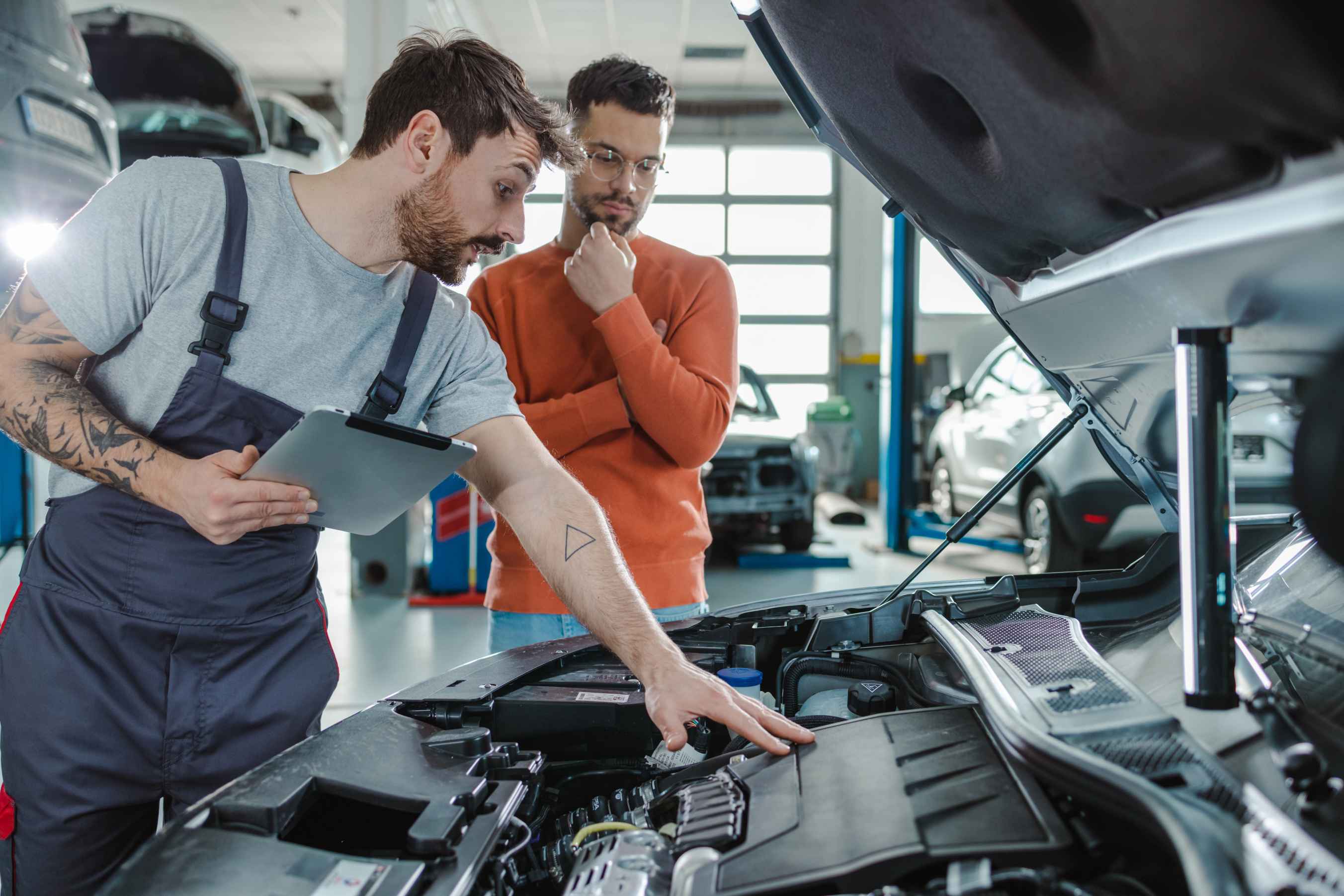World Energy Efficiency Day: how lubricants can optimize your vehicle's engine

World Energy Efficiency Day on March 5 is a wonderful opportunity to think about how we can optimize our vehicles' fuel consumption, with the essential help of lubricants.
Professionals and drivers are looking for more and more ways to maximize the efficiency of their engines. One of the lesser known (but highly influential) areas in this regard is using the right engine lubricants, as they are a vital contribution to improving fuel economy, whilst reducing long-term maintenance costs.
Furthermore, by prioritizing the use of the right engine lubricants, we are not only promoting energy efficiency, but also building a more sustainable future.
Reducing internal friction: the key to energy efficiency
Lubricants play a vital role in reducing internal engine friction, which is a major cause of power loss and poor fuel economy. This is because they help reduce energy lost as heat due to friction between moving surfaces.
Lubricants function as buffers, significantly reducing this friction and, as a result, optimizing engine efficiency. Careful choosing lubricants with the right viscosity and anti-friction additives can make the difference between a fuel-guzzler and a fuel-efficient engine.
That is the main objective of Repsol lubricants, which were developed to ensure all components operate smoothly and avoid resistance that ends up harming the operation of your vehicle.
Practical tips for optimizing your engine with lubricants
Here are some tips so you can maximize the impact of lubricants on fuel economy:
- Choose the right lubricant. Check your vehicle manual to determine which lubricant type is best. Synthetic lubricants typically offer better protection and lower friction than conventional lubricants; especially those with advanced formulations, as they can offer greater friction reduction and thermal stability properties.
- Keep the engine in good condition. Carrying out regular engine maintenance inevitably involves changing the oil according to the manufacturer's recommendations. A well-maintained engine will run more efficiently and consume less fuel.
- Drive efficiently. Adopt driving habits that reduce strain on the engine. For example, avoid sudden acceleration and keep a constant speed as much as possible.
- Check the tire pressure. Regularly checking that they are inflated to an optimal level significantly reduces rolling resistance, which also contributes to greater fuel efficiency.
Whether you are the end user or if you work with customers, all these tips will help you to be more comfortable on a daily basis with your vehicle. Your vehicle and your wallet will thank you.
Related contents



